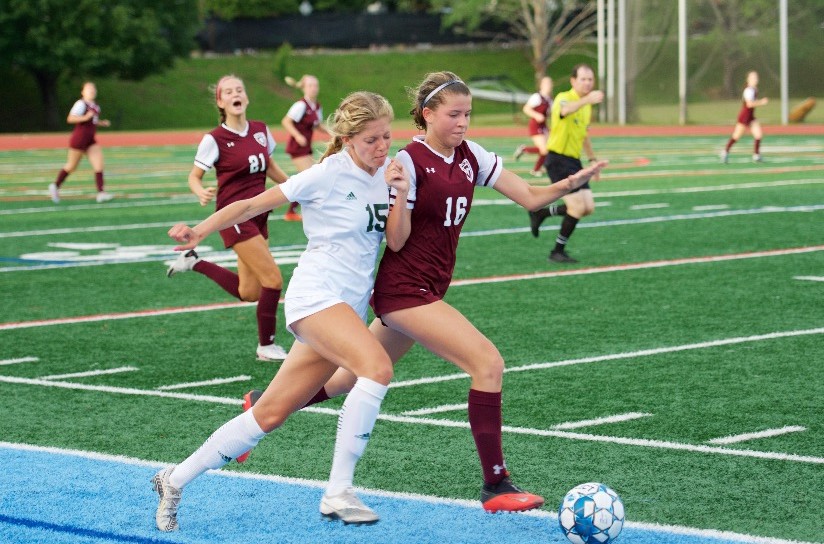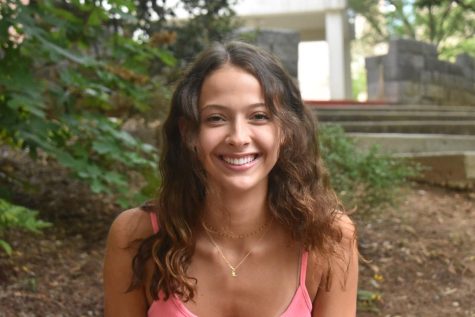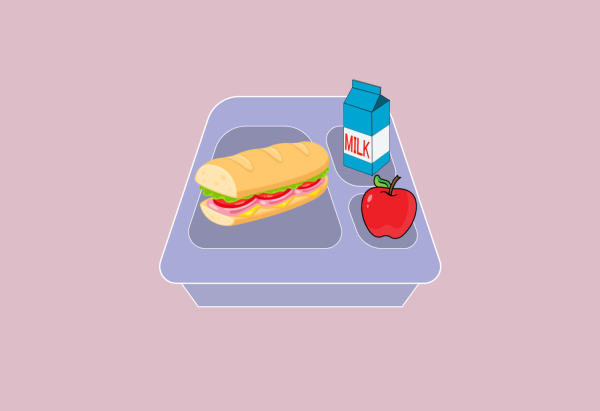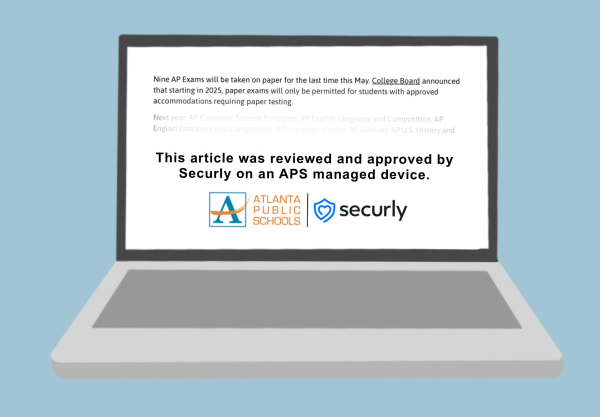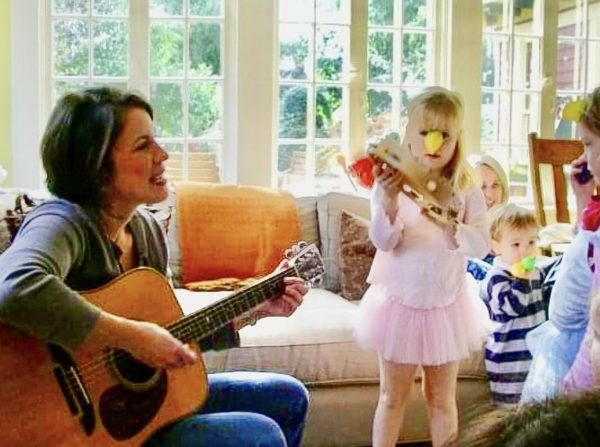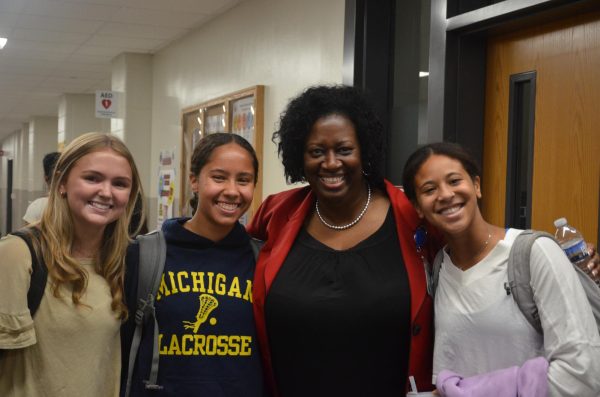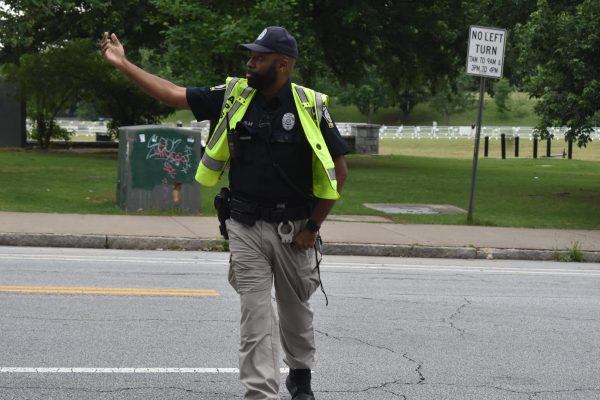GHSA applies new multiplier in reclassification
The Midtown girls soccer team lost 4-0 to Blessed Trinity in the 2021 soccer state semifinals. Starting in the next academic year, Midtown will remain in class 5A. Blessed Trinity is moving up from 5A to 6A due to their higher numbers of students living out-of-zone.
December 7, 2021
Beginning in the fall of 2022, big changes are coming to Georgia high school sports. The Georgia High School Association (GHSA) finalized plans to reclassify teams using a new multiplier system for out-of-zone students.
“[Reclassification occurs] due to growth of the schools, so that the competitive balance is there from an enrollment standpoint,” GHSA Executive Director Dr. Robin Hines said. “This year has been a focus on competitive balance, which has resulted in the multiplier.”
The GHSA received a large number of complaints concerning a perceived advantage for private schools in sports. Those who complained argued private schools have an unfair advantage because although private schools have geographical school zones, students do not need to live in-zone for attendance. The nine private schools in classes 2A-5A won 42 of the 87 state titles during the 2020-2021 school year, despite those classifications also having 223 public schools.
“I think there was a little imbalance in the previous classification with how private schools were weighted and some other public schools, as well,” Midtown Athletic Director Patrick Johnson said. “I think GHSA tried to address that issue with this, and I think, overall, it seems more fair. There are probably a few instances that need to be corrected, and I think those were appealed. Overall, I think it’s the right step.”
The out-of-zone enrollment multiplier was increased from 2.0 to 3.0 for reclassification for the 2022-2023 and 2023-2024 school years. This means that students from all schools living out-of-zone are to be counted as three students each. That number was added to the number of students living in-zone to create the final number used for reclassification. The more students a school has, the higher the classification they are assigned.
Midtown has 1,545 students, and only 22 of which live out-of-zone. For the next two years, Midtown will remain in Class 5A. Blessed Trinity and St. Pius are two private schools that moved up from 5A.
“It’ll be different,” Johnson said. “Blessed Trinity was a team that we ran into in a lot of different sports that was really successful. St. Pius is the same. There’s always going to be your most powerful programs in every class. So, if it’s not those schools, there’ll be other teams that are at the top of the class.”
Midtown’s girls soccer team played in the 2021 state semifinals against Blessed Trinity, a school that was ranked first in Georgia at the time. Midtown fought hard but lost 4-0.
“It was not an easy game for [Blessed Trinity], but it was especially hard for us,” senior soccer player Grace Porges said. “We get players by chance, but they get them by choice; so, when it comes to playing each other, it’s just discouraging for us.”
Of the 472 GHSA schools, larger city schools and private schools were most affected by reclassification due to their greater number of out-of-zone students.
“What [reclassification] does is make sure that some of the schools that have those advantages are competing on a more fair playing field with other schools in their class,” Johnson said. “It will make sure that the public schools who are competing against [private schools] compete on a playing field that is a little more level.”
The reclassification committee heard appeals from schools across Georgia seeking to change their school’s assignment; 54 schools made appeals, and 48 of the appeals were granted.
“[Appealing] means that they’re challenging their number, or they are requesting to play up a classification, or they are appealing to play in a different classification than what they are assigned by the number,” Dr. Hines said.
Regions within state classifications have been realigned as well. Midtown currently competes in region 6-AAAAA with Chapel Hill, Jackson, Lithia Springs, New Manchester, North Springs and Villa Rica. Midtown will move to 5-AAAAA alongside Banneker, Chapel Hill, Creekside, Jackson, Lithia Springs, Mays, Tri-Cities and Villa Rica beginning in the fall of 2022.
Woodward Academy, a private school that currently competes in 5A, was originally proposed to reclassify to 7A, the state’s largest classification. However, the school won its appeal to compete in 6A beginning next school year. Solely based on its enrollment number of 1,076 students, Woodward should be classified in 3A, but because 1,020 of those students live out-of-zone, the school is classified higher.
“I wish we were in 3A where our numbers say we are, but I realize that’s never going to happen,” Woodward Athletic Director Jose Fernandez said. “I think we have programs that might be able to compete at the 6A level, perhaps three or four of them, and we have other programs that are going to struggle mightily at the 6A level. It is what it is, and we’ll try to do the best we can with where we are.”
However, not all out-of-zone students are athletes. Some students might believe private or city schools beyond their school zone simply provide a better education.
“To say that just because a school has X amount of people that come from out of district, every athletic program in that school needs to compete at the 6A level, I don’t think is inherently fair for public or private schools,” Fernandez said.
Private schools Benedictine, Blessed Trinity, GAC, Lovett, Marist, Pace Academy, St. Pius, Westminster and Woodward proposed a competitive-balance model where the nine schools would classify their individual sports teams in different classes based on the individual team’s success. According to those schools, it’s unfair to compete against much larger schools with teams that would not be competitive in those classifications.
“[For example] the more success your soccer program has seen the higher classification they can play; the less success your girls lacrosse team experiences, then the further down they move down in classifications,” Fernandez said. “The point we’re trying to make is that let’s have like talents play against like talents, not just based on what your enrollment numbers are.”
The proposal was rejected by the reclassification committee due to the confusion it might create, but GHSA president Glenn White said a competitive-balance model might work in the future.
Region and state classification assignments for the 2022-2024 school years are final and will be reassessed in 2024.
“I’m excited,” Johnson said. “It’s good for our teams to get our students to play other schools. It keeps it fresh. No matter what GHSA does, our goal is to try and make our teams and our programs the best possible. When we do that, things take care of themselves.”

